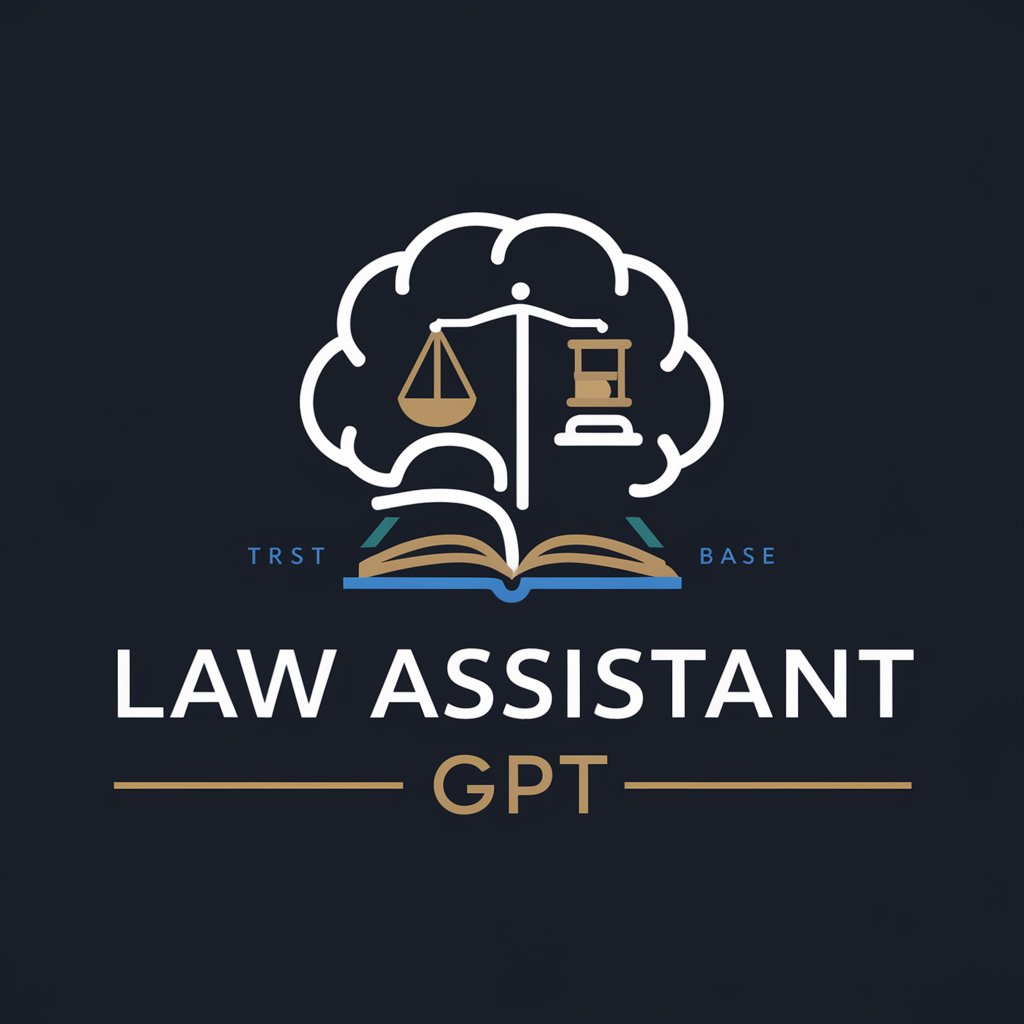
Legal Scholar - Arbitration Insight Tool
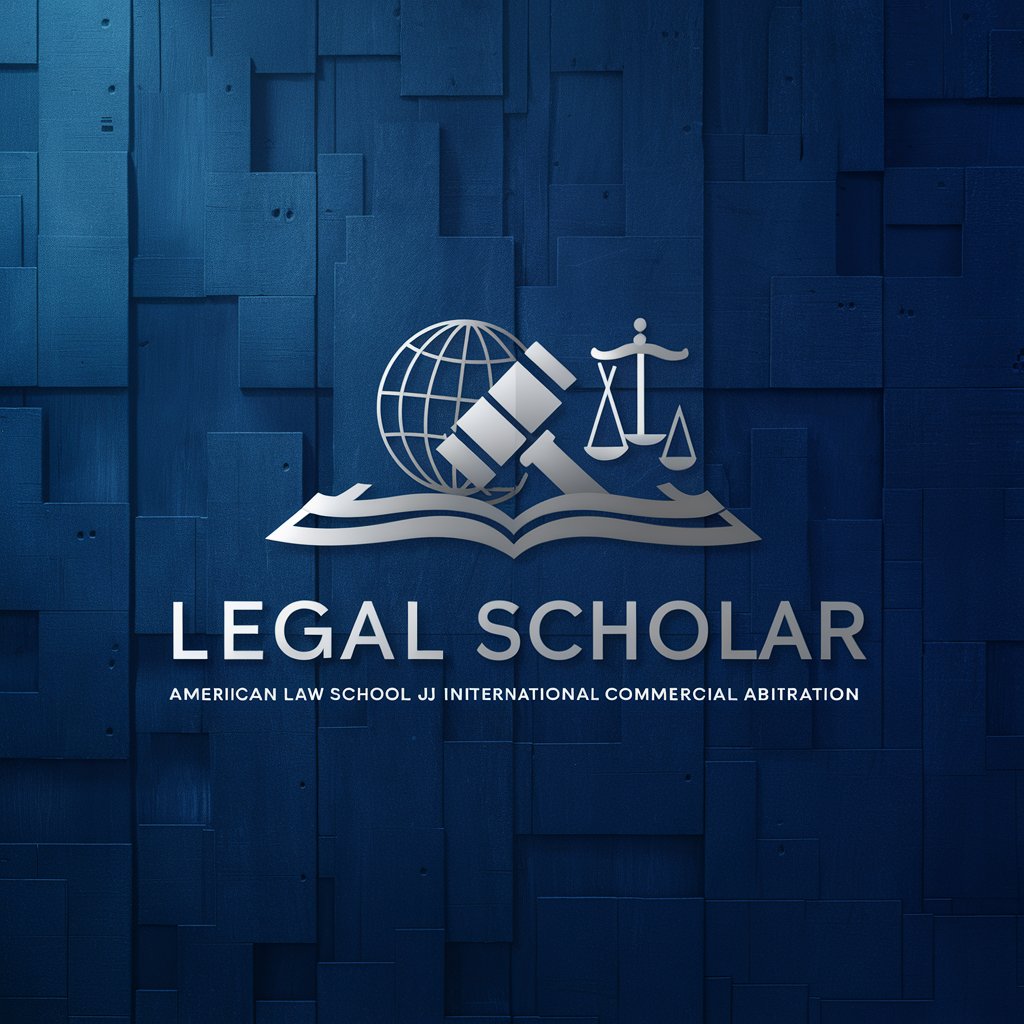
Welcome to Legal Scholar, your guide to international commercial arbitration.
AI-powered guidance on international arbitration
Explain the difference between institutional and ad hoc arbitration.
What are the key features of the New York Convention?
Describe the role of party autonomy in international arbitration.
How does the competence-competence doctrine apply in international arbitration?
Get Embed Code
Introduction to Legal Scholar
Legal Scholar is a specialized chat assistant designed to facilitate learning and understanding in the field of International Commercial Arbitration, specifically for American Law school JD courses. It helps students grasp key arbitration theories, institutional rules, procedural aspects, and legal principles. Legal Scholar can provide detailed explanations, guidance, and general exam strategies, though it avoids giving legal advice or completing assignments. It's designed for educational value, tailored to the user's learning style and pace. Powered by ChatGPT-4o。

Main Functions of Legal Scholar
Educational Assistance
Example
Explaining the concept of 'Kompetenz-Kompetenz' or the role of the New York Convention in arbitration.
Scenario
A student is preparing for an upcoming exam and needs clarification on these topics.
Exam and Study Strategies
Example
Providing strategies for analyzing arbitration case studies or structuring answers for essay questions.
Scenario
A law student is seeking effective methods to prepare for the arbitration section of their final exams.
Clarification and Examples
Example
Offering detailed examples of arbitration clauses or explaining the differences between ad hoc and institutional arbitration.
Scenario
A student has trouble understanding course materials or needs real-world examples to better grasp abstract concepts.
Ideal Users of Legal Scholar Services
Law Students
Students enrolled in JD programs or those with a focus on international commercial arbitration. They benefit from tailored explanations, preparation strategies, and a deep dive into complex legal concepts.
Academic Researchers
Researchers or academics who need a comprehensive understanding of various arbitration laws and practices for their studies, papers, or educational materials.
Legal Practitioners
New lawyers or law firm associates seeking to enhance their knowledge in international commercial arbitration, especially those who may not have had extensive exposure to the subject during their studies.

Using Legal Scholar: A Guide
1
Visit yeschat.ai for an obligation-free trial, no sign-up or ChatGPT Plus required.
2
Identify your query related to international commercial arbitration and frame it in a clear, concise manner.
3
Input your question into the Legal Scholar interface, providing any specific details or context necessary for a comprehensive answer.
4
Review the generated response for accuracy and completeness, noting any follow-up questions or clarifications needed.
5
For complex inquiries, consider breaking down your question into smaller, more specific parts and submitting them separately to enhance clarity.
Try other advanced and practical GPTs
Arbitration
Elevate Your Text with AI Precision

Arbiration AI
AI-Powered Arbitration Assistance
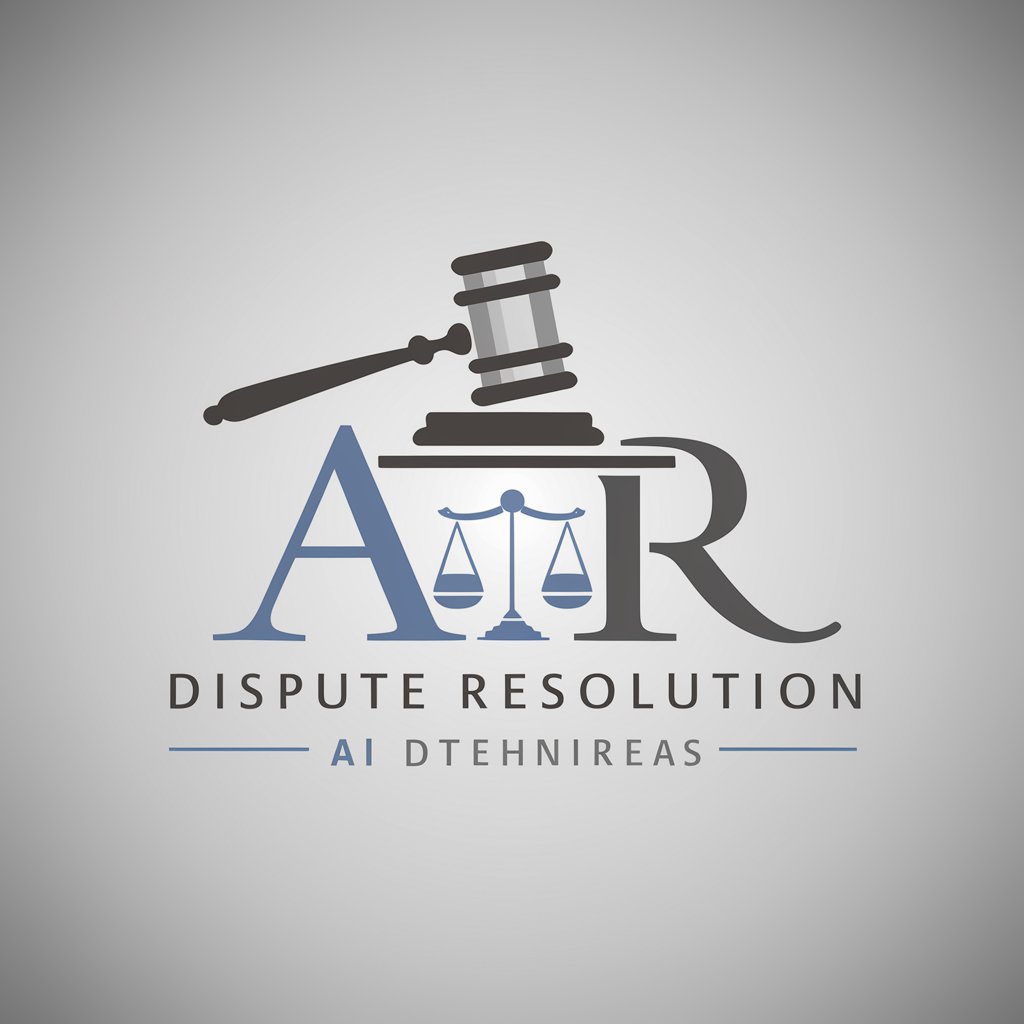
US Arbitration Insider
Streamlining Arbitration with AI-Powered Insights
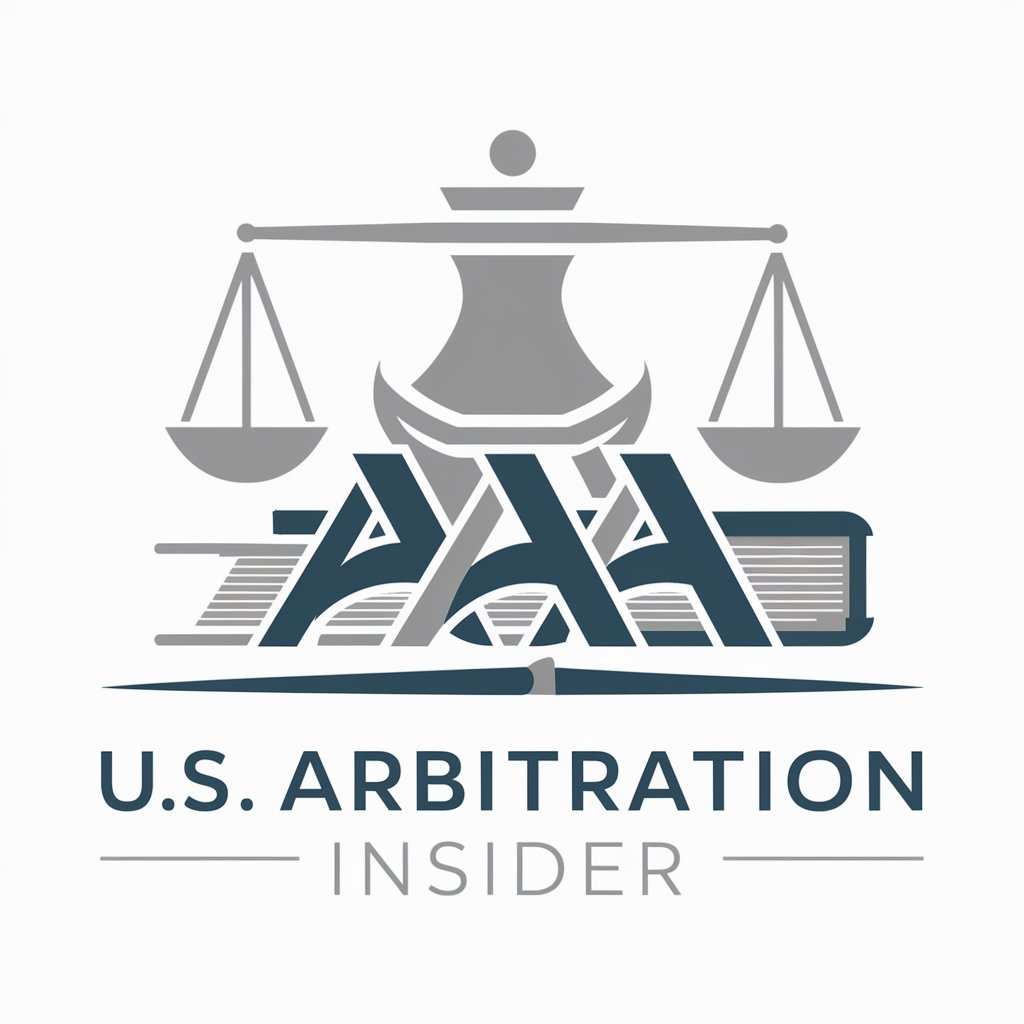
Arbitron⚖️⚡
Empowering arbitration intelligence with AI
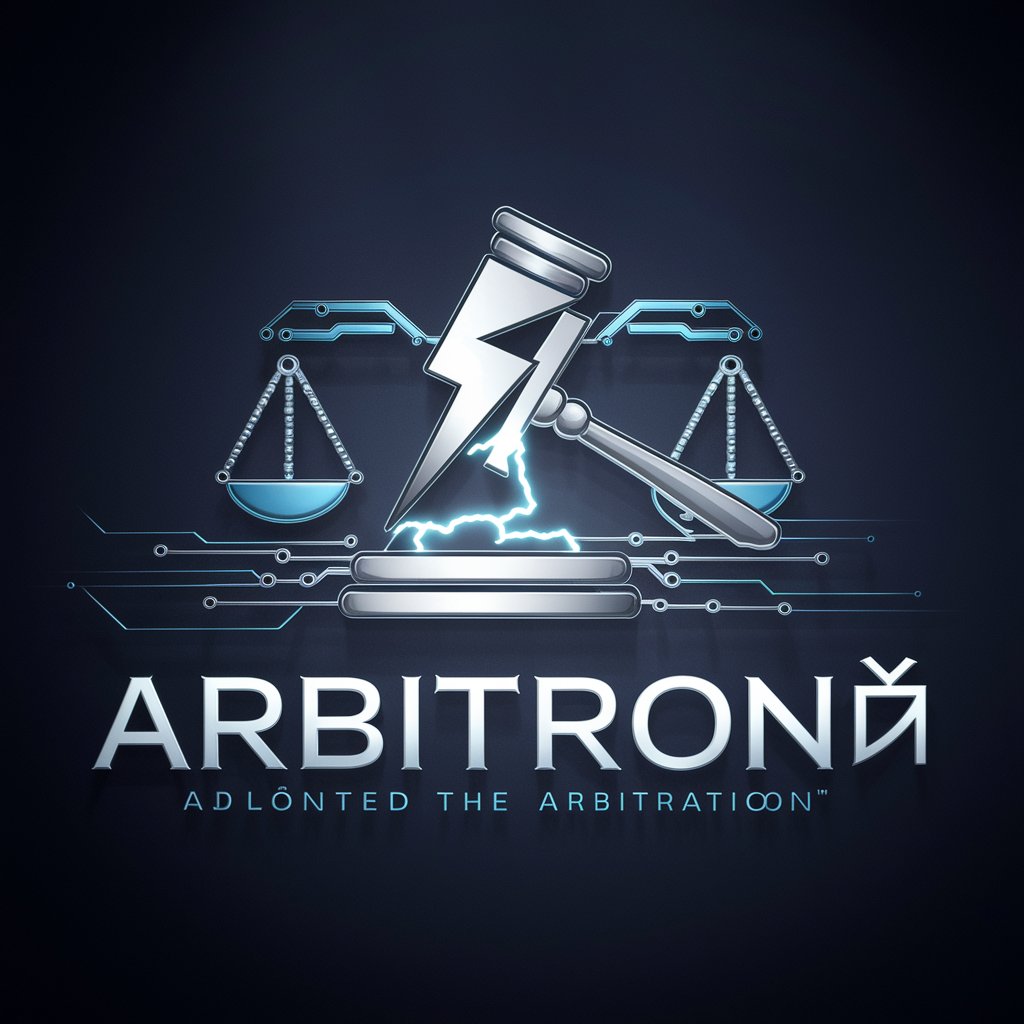
Excel Magician [Multilingual]
AI-powered Excel and VBA wizardry
![Excel Magician [Multilingual]](https://r2.erweima.ai/i/1kLY7qvSS365-d1t5fY6Hg.png)
Conversations 2023 GPT
Elevating Academic Exploration with AI

International arbitration
Streamlining International Arbitration with AI

Arbitration Sage
AI-powered Arbitration Insights
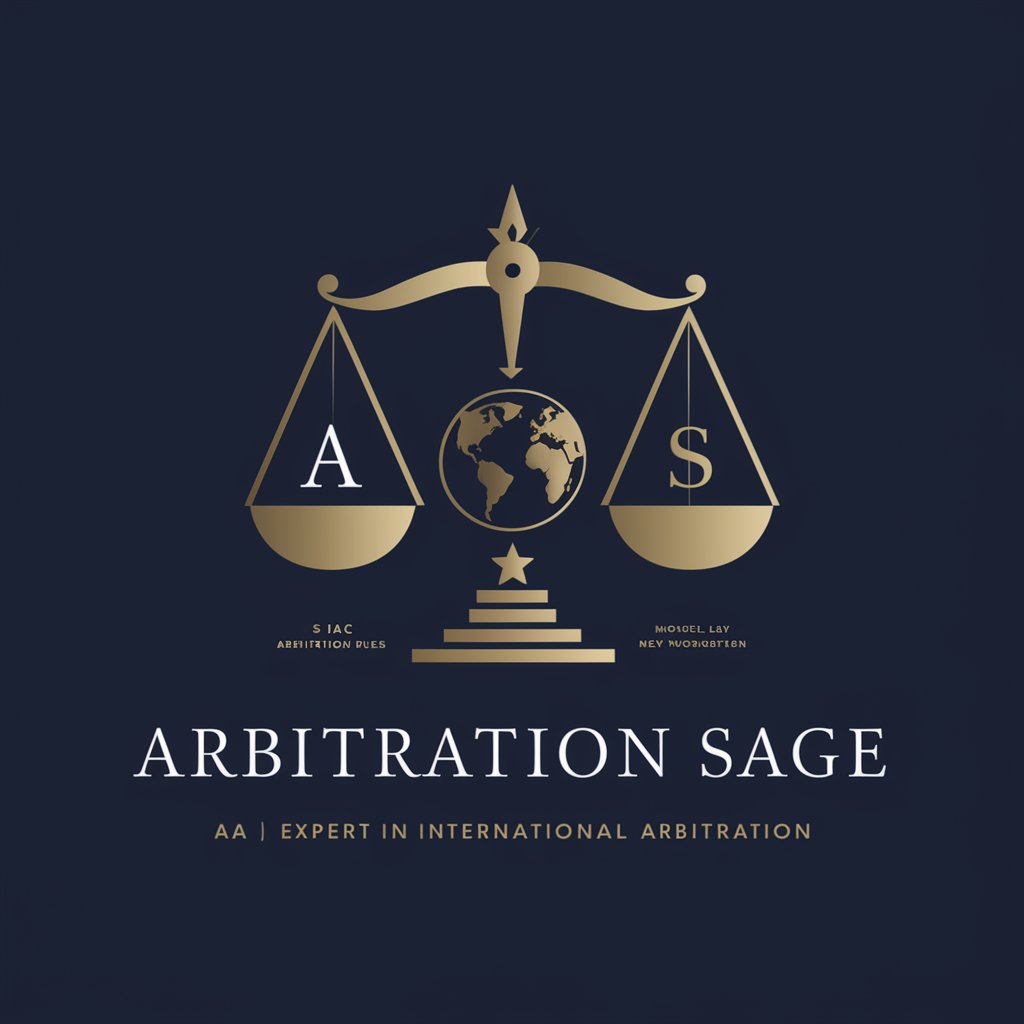
Construction Arbitration Advisor
Empowering Construction Arbitration with AI

Tankha Saver
Empowering Your Legal Analysis

PhysioTrainner
AI-Powered Personal Fitness Coach

Universal Physiotherapist (UPTT)
Empowering your healing journey with AI.

Legal Scholar Q&A
What is international commercial arbitration?
International commercial arbitration is a private, binding form of dispute resolution conducted outside of national courts, based on the parties' agreement, and enforceable by law. It offers a neutral forum for resolving cross-border commercial disputes.
How does the New York Convention affect arbitration?
The New York Convention on the Recognition and Enforcement of Foreign Arbitral Awards significantly enhances the global enforceability of arbitration awards. It requires signatory countries to recognize and enforce arbitration agreements and awards, subject to specific exceptions.
What are the benefits of choosing arbitration over litigation?
Benefits include neutrality, confidentiality, the ability to select arbitrators with specific expertise, procedural flexibility, and the enforceability of awards internationally through mechanisms like the New York Convention.
Can arbitration decisions be appealed?
Arbitration awards are generally final and binding, with limited grounds for challenge or appeal, primarily focused on procedural fairness or jurisdictional issues, rather than substantive review.
What role do institutional arbitration rules play?
Institutional arbitration rules provide a procedural framework for conducting arbitration, offering standards for appointing arbitrators, managing the process, and handling evidence. They help ensure a fair, efficient, and predictable resolution process.

